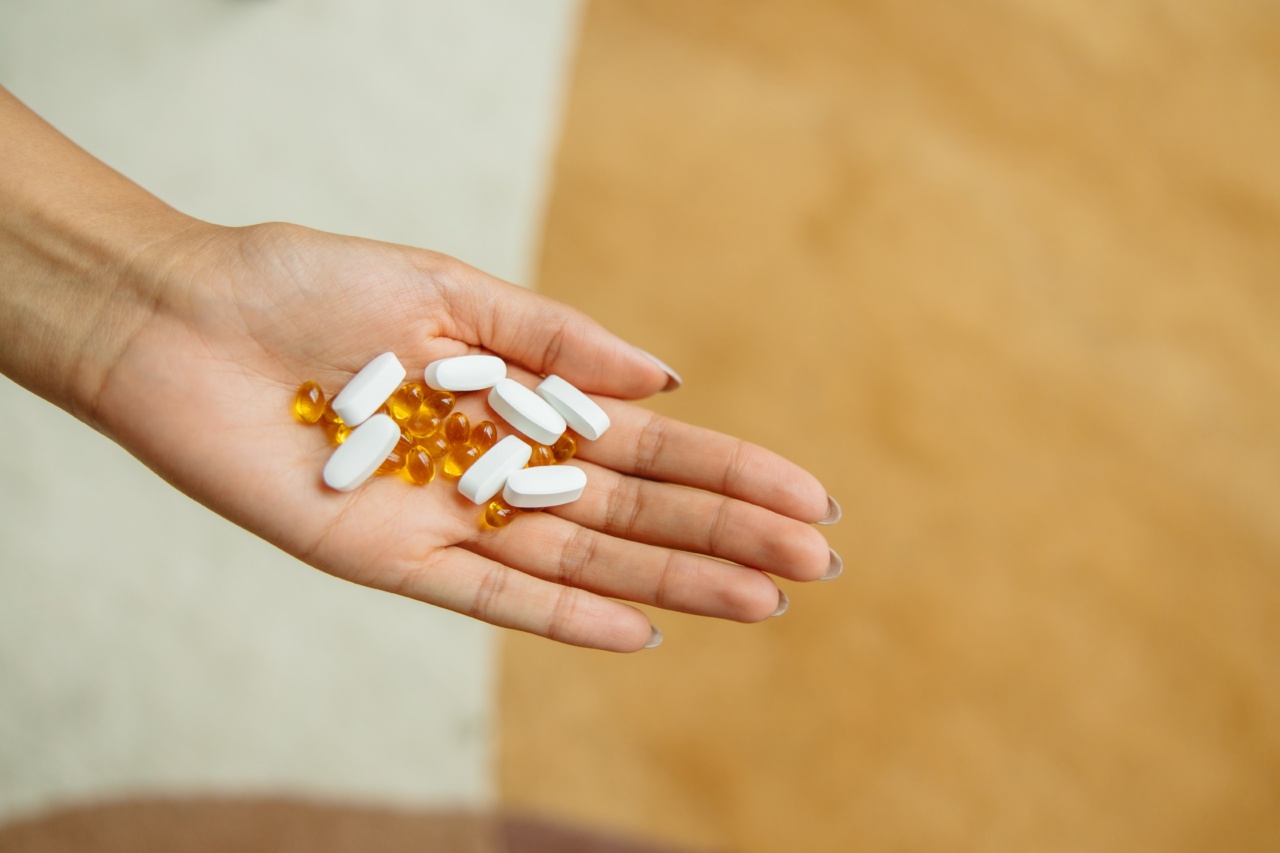When undergoing radiation treatment for cancer, maintaining a healthy diet becomes even more crucial. The side effects of radiation can be overwhelming and may impact appetite and digestion.
Eating right during this time not only helps manage these side effects but also provides necessary nutrients for the body to heal and fight off the disease. Here, we explore the importance of diet during radiation treatment and offer essential tips to ensure a well-balanced and nourishing meal plan.
1. Managing Side Effects
Radiation treatment can cause various side effects such as nausea, vomiting, diarrhea, mouth sores, and fatigue. These side effects can make it challenging to eat and maintain proper nutrition.
However, a well-planned diet can help alleviate these symptoms and improve overall well-being. Working together with a registered dietitian can provide personalized advice to manage specific side effects.
2. Adequate Protein Intake
Protein plays a crucial role in repairing damaged tissues and maintaining muscle mass. During radiation treatment, the body needs more protein to support healing and recovery.
Good sources of protein include lean meats like chicken and fish, eggs, dairy products, legumes, and tofu. It’s essential to spread protein intake throughout the day and include it in every meal and snack.
3. Staying Hydrated
Hydration is crucial during radiation treatment to prevent dehydration, especially if there are side effects like vomiting or diarrhea. Drinking enough fluids also aids in digestion, prevents constipation, and helps maintain overall health.
Water should be the primary choice, but other options like herbal teas, clear soups, and fresh juices can contribute to hydration as well.
4. Fiber-Rich Foods for Digestive Health
Fiber plays a significant role in maintaining healthy digestion and preventing common side effects like constipation. Including fruits, vegetables, whole grains, and legumes can provide adequate fiber intake.
However, if diarrhea is a concern, it’s best to choose cooked fruits and vegetables, white bread, and rice to help bind stools.
5. Nutrient-Dense Foods
During radiation treatment, it’s essential to maximize nutrient intake from every bite. Opt for nutrient-dense foods like dark leafy greens, colorful fruits and vegetables, whole grains, lean proteins, and healthy fats.
These foods provide a wide range of essential vitamins, minerals, and antioxidants that aid in healing, strengthen the immune system, and support overall health.
6. Including Healthy Fats
Healthy fats, such as those found in avocados, nuts, seeds, and olive oil, provide energy and contribute to the absorption of fat-soluble vitamins.
Including these fats in the diet helps maintain a healthy weight and supports overall brain and heart health. However, portion control is crucial, as fats are calorie-dense.
7. Supplements if Necessary
In some cases, radiation treatment may cause certain deficiencies that cannot be fulfilled through diet alone. In such situations, your healthcare provider may recommend specific supplements to ensure adequate nutrient intake.
However, it’s crucial to consult a healthcare professional before starting any supplements.
8. Safe Preparation and Storage of Food
During radiation treatment, the immune system may be compromised, making it important to practice good food safety. Ensure proper cleaning and handling of food items and cook foods thoroughly to prevent foodborne illnesses.
Avoid raw or undercooked foods, and wash hands thoroughly before and after handling food.
9. Small, Frequent Meals
Smaller, more frequent meals can help manage side effects like nausea and appetite loss. Opting for five to six smaller meals instead of three larger ones can make it easier to consume enough calories and nutrients throughout the day.
Including protein-rich snacks like yogurt, nuts, or smoothies can help meet nutritional needs.
10. Emotional Support and Mindful Eating
Aside from physical side effects, radiation treatment can also impact emotional well-being. Stress, anxiety, and depression may affect appetite and eating habits.
Seek support from loved ones, join support groups, or even consider therapy to help cope with the emotional challenges. Practice mindful eating by being present during meals, savoring each bite, and using food as a source of comfort and nourishment.





























